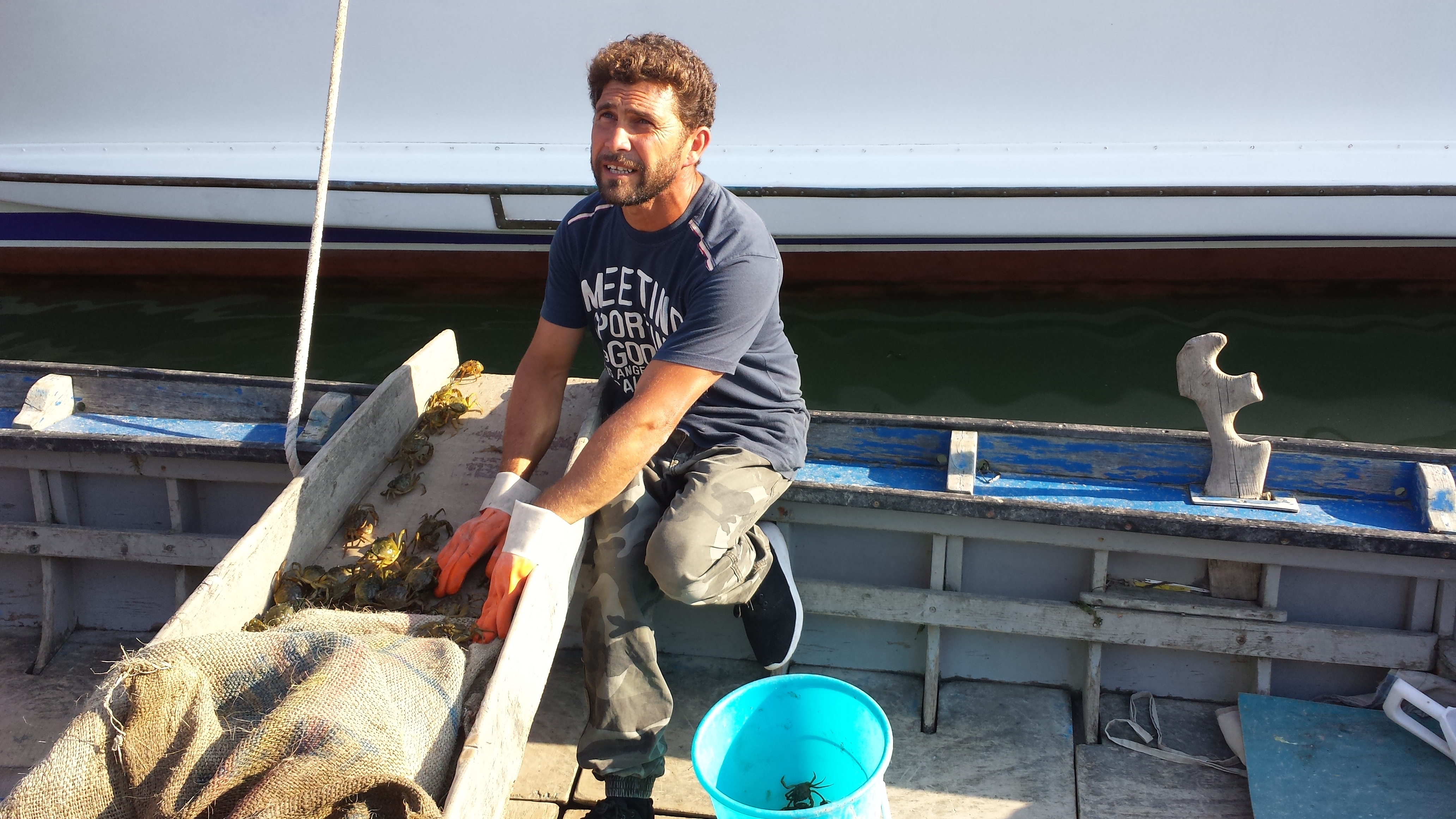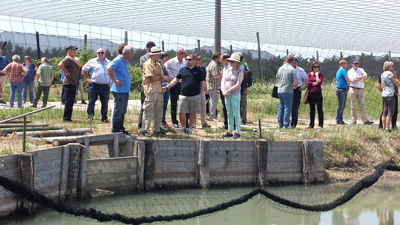Clearer and simpler regulations needed if the sector of organic aquaculture is to grow
The aim of the European OrAqua project is to develop a set of recommendations for the EU Commission on how the current EU regulations regarding organic aquaculture can be improved and altered in a way that facilitates a growth in the organic aquaculture sector. ICROFS participates as a partner in the OrAqua project.

The 22. and 23. of June 2016, the project members and a wide range of stakeholders from the sector of aquaculture throughout Europe had a meeting in Venice, Italy in order to discuss the draft recommendations.
Several issues were discussed at the project meeting in Venice under the headlines: The institutional framework and societal expectations, production systems, environmental impacts, feed requirements and fish health, welfare, veterinary treatments and biosecurity.
Little knowledge of organic aquaculture
Reggarding the institutional framework and societal expectations, it was mentioned that a communication strategy is needed to increase consumer awareness as consumers do not know the difference between organic, sustainable and/or wild caught fish. There is also a need for better statistics on production as well as on controls to improve the understanding of how the EU regulation on organic aquaculture works.
Concerning the production systems, the sourcing of juveniles is a topic of urgency for several species. There is a need for some flexibility, as organic aquaculture juveniles of many species are not yet available - and they need to be adapted to local conditions as well.
When it comes to the environmental issues, there is a need for better monitoring of the inputs (ressource and energy consumption) as well as the outputs with relevance for environmental pollution and climate change.
Feeding and welfare
Regarding feeding, the composition of the feed in relation to the species and growth stage of the fish and crustaceans is a big challenge in order to get the right amino acid, fatty acid and mineral balance for an optimal growth and a reduced environmental impact – this especially concerns carnivorous fish.
Also questions on fish health, welfare, veterinary treatment and biosecurity were discussed. It is a problem that there is no European guidelines on biosecurity in animal husbandry at the EU level. The project group now has the task of processing all the input collected from the meeting and write a new version of the recommendations for the stakeholders to comment on. The final recommendations are due to be delivered to the Commission within this year.
The meeting gave input from all kinds of stakeholders, from people working in certification and control bodies to producers and representatives from consumer organisations and retailers.
As one stakeholder stated:
- These meetings is a fantastic opportunity to network with other producers from all over Europe, because we might have different species, but we have a common goal and share the challenges.
See more about the OrAqua project
Below: Visit to the aquaculture farm Ca Zuliani
(hatchery and extensive production in the Venice lagoon)
